How to keep the monarchy alive: lessons for a new king
Thanks to his mother, support for the monarchy has been high but the relationship is always being reassessed. Some are sceptical that the King will have the same nullifying effect on republicanism.
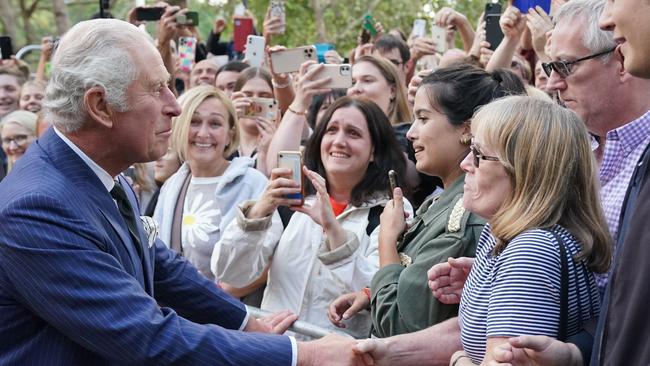
In 1864 a plucky protester pinned a notice to the railings of Buckingham Palace. “These commanding premises to be let or sold in consequence of the late occupant’s declining business,” it said.
When Queen Victoria had lost her husband three years earlier, the public were initially sympathetic, the royal historian Tracy Borman says.
“But when their queen showed no sign of resuming her duties after the conventional year of mourning, they grew uneasy.”
Republican sentiment thrived: rallies were held and pamphlets called for a scrutiny of her finances. Even Princess Alice, one of Queen Victoria’s five daughters, felt that inaction would lead to the end of the monarchy.
The episode terrified politicians of the age, for whom at that moment the monarchy appeared fallible.
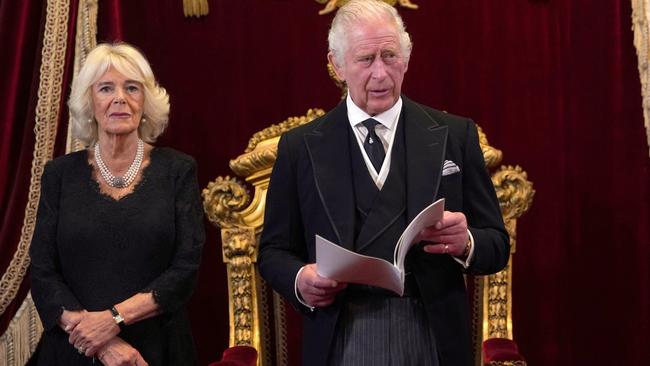
Throughout Queen Elizabeth II’s reign, however, republicanism has largely been reduced to a fringe movement. Reliable data is hard to come by, but the British Election Study of 1964, 12 years after her accession, found that only 14 per cent of people thought the queen and royal family were “not very important to Britain”.
The dial has not shifted hugely since. The National Centre for Social Research (NatCen) has been keeping a regular dataset since 1983, which shows that the trend of people feeling the monarchy is not important or calling for its abolition never gets above 25 per cent.
Historically, British republicanism is more common than we may think, says historian James Hawes, author of The Shortest History of England. “It’s a lurking thing that happens whenever the British people sense the descendants of the Normans are not like them.”
At times this feeling bubbles up to the surface, like during the peasants’ revolt of 1381. “Richard II handled this brilliantly,” he adds. “At age 14 he went out and became the first king to address his subjects in English. It worked and they all loved him.”
Hawes traces a similar pattern before the English Civil War. “When King Charles I started to look like a Roman Catholic and married a French queen, he appeared too culturally different to his people,” he says.
“[Queen Elizabeth II] managed to persuade us that despite all the wealth she was very much like us: she liked her dogs, a drink and a joke.”
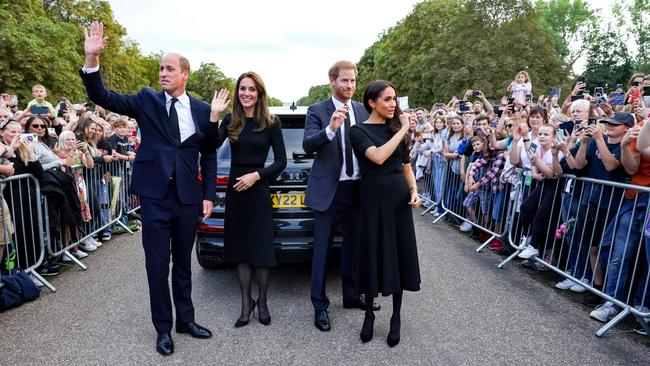
Paradoxically, says Borman, republicanism rears its head visibly only when we have significant celebrations, like jubilees: think the Sex Pistols playing God Save the Queen on the Thames. “It’s often caused by anti-monarchists getting annoyed with the generalisations in the media, who say ‘isn’t this amazing’ – and they want to get their viewpoint across.”
Incidentally, John Lydon – then Johnny Rotten, the Sex Pistols’ frontman – tweeted a message of sympathy on Friday: “Rest in Peace Queen Elizabeth II. Send her victorious.”
And although the activities of fringe activists attract headlines, in reality the mainstream rise of republicanism – manifesting in murmurs of discontent – can be traced to moments of crisis within the royal family. According to NatCen, opposition to the monarchy rose slightly after the death of Diana, Princess of Wales, in 1997. It slumped around the wedding of Prince William in 2011, and the Diamond Jubilee in 2012.
However, republicanism picked up again from 2019 onwards. Some pollsters believe this is a response to the Duke of York’s involvement with Jeffrey Epstein, and the Sussexes stepping back from royal duties. Professor Sir John Curtice, senior research fellow at NatCen, says people’s attitudes towards the monarchy are not unconditional. “Charles will need to be doing a good job – and he’s inheriting the monarchy at a time when support is somewhat lower than it has been.”
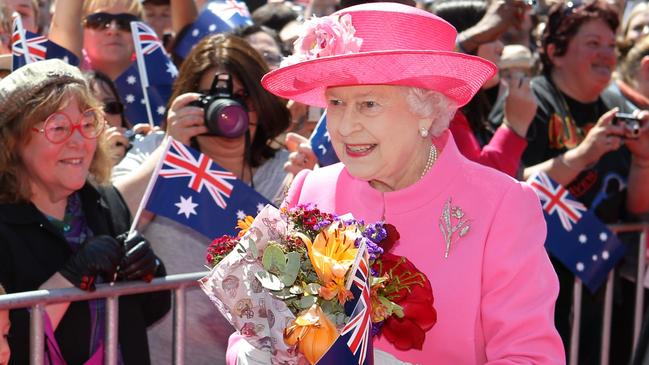
Last year 14 per cent of people wanted the monarchy abolished – a small minority, but the highest level since records began. One group that has been particularly put off by recent events is the young: about 21 per cent of 17 to 34-year-olds were in favour of abolition.
Curtice suggests that rather than a generational effect, it is an age effect: “As each cohort of people get older, they are more supportive of the monarchy. It could be that as people age and learn how uncertain life is, the crown is more likely to become a focus of unity.”
Professor Dennis Altman of La Trobe University, Melbourne, has written about the “strange persistence of monarchies” in his book God Save the Queen. His thesis is that during times of political instability, constitutional monarchs can offer much-needed stability – and provide a check on the political establishment.
“Would a president Boris be more scary than a prime minister Boris?” he says. “Or look at the US: one of the strongest arguments against republicanism is the image of Donald Trump looming over the Queen.”
Many in favour of reform are waiting in the wings, including the former Liberal Democrat minister Norman Baker, who wants a much smaller and less expensive royal family. “Yes, there will be a lot of sympathy and grief,” he says. “But after things have settled down … if Charles is wise then he will introduce reforms now that will help secure his legacy.”
Some are sceptical that the King will have the same nullifying effect on republicanism as his mother. Hawes thinks Charles may struggle to appeal to the ordinary person.
“What Elizabeth did so brilliantly was become the personal incorporation of the institution,” he says “The problem is that the institution has become completely identified with her. What’s left now that she is gone?”
King Charles began his reign by shaking the hands of wellwishers outside the palace. Thanks to his mother, support for the monarchy has been high but the relationship is always being reassessed. Public displays of humanity could help reduce the republican flame.
The Times



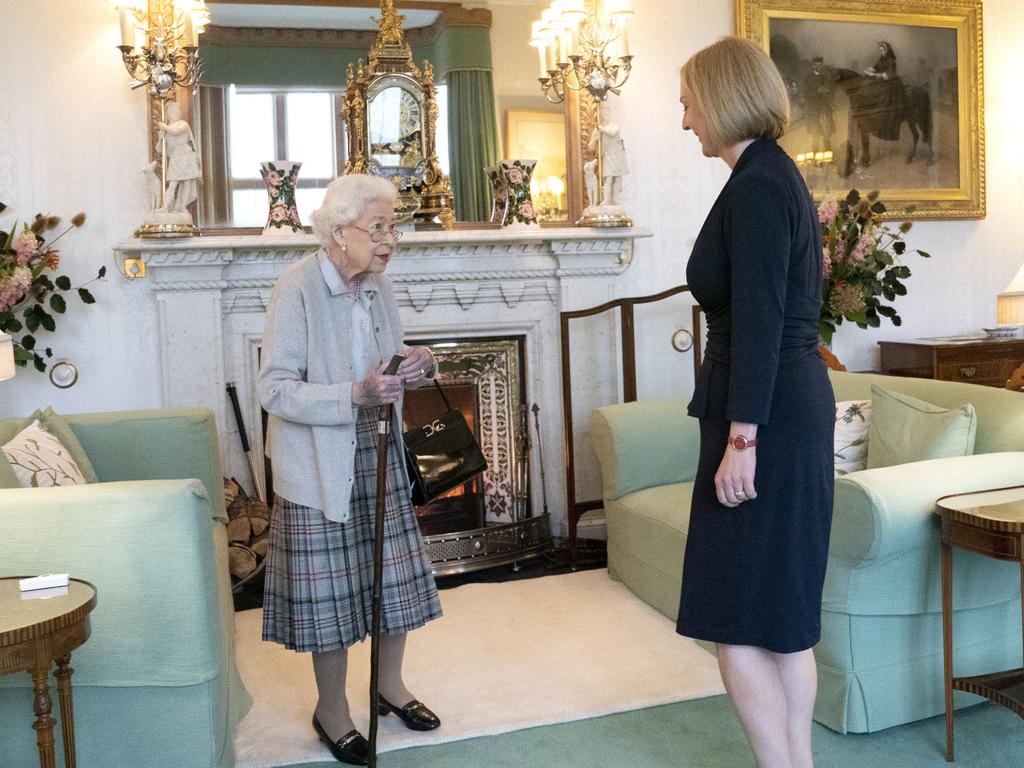
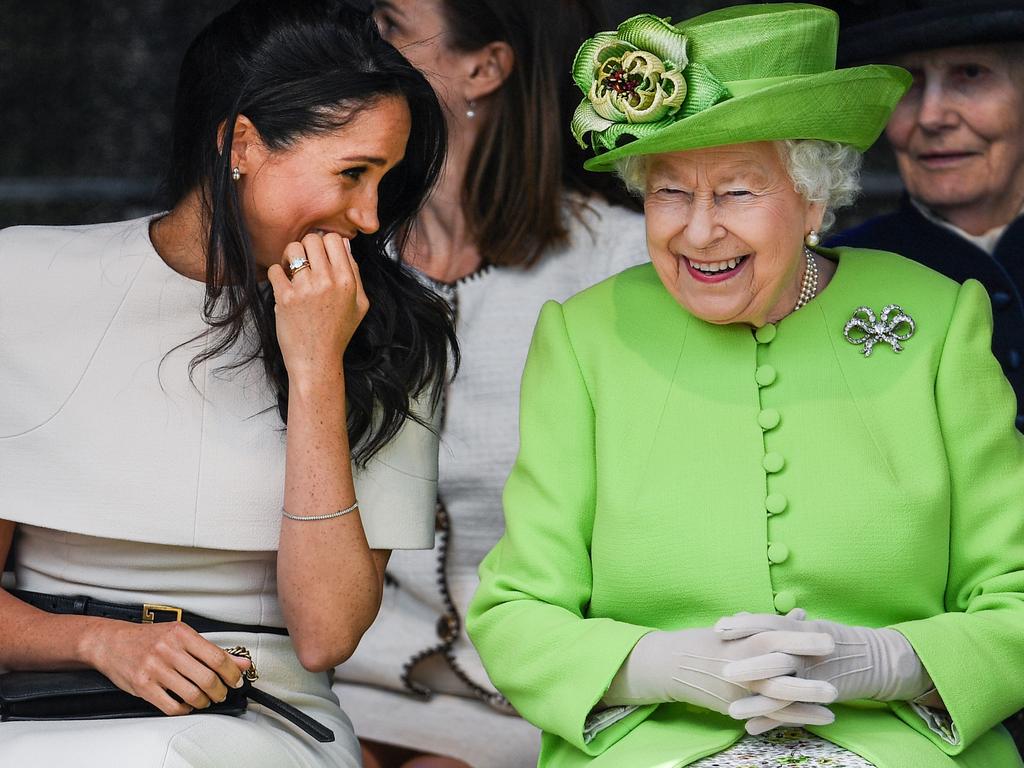


To join the conversation, please log in. Don't have an account? Register
Join the conversation, you are commenting as Logout